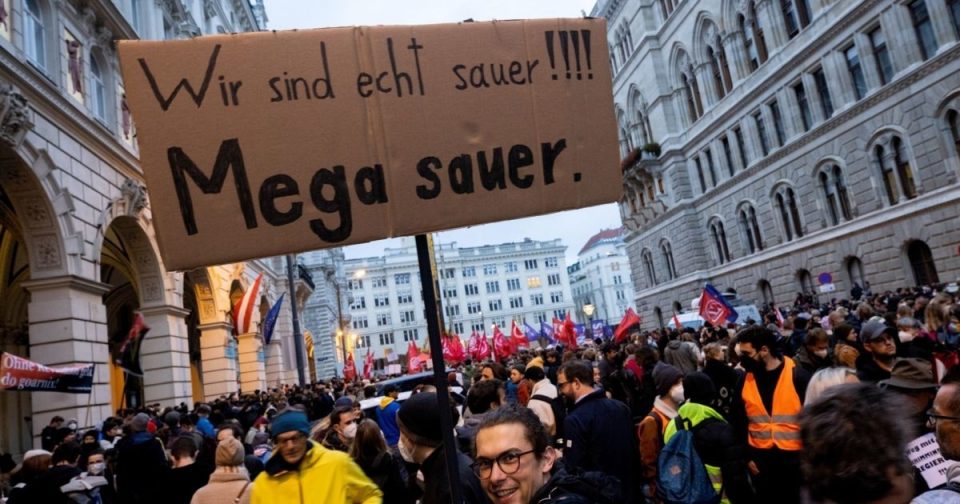Despite overwhelming stagnation in the region, some countries are strengthening their anti-corruption efforts.
Estonia (74) has gained 10 points since 2012 and continues to take positive steps forward through a comprehensive anti-corruption plan for 2021-2025 and new guidelines on lobbying, revolving doors and conflicts of interest. Nevertheless, the country is not free of those taking advantage of the COVID-19 crisis, as seen in the high-level corruption allegations that brought down the government exactly a year ago or the healthcare workers placed under investigation for selling vaccination certificates.
Significant improvers in the past decade also include Italy (56, up from 42 in 2012) and Greece (49, up from 36 in 2012), who have reaped the rewards of anti-corruption reforms. Even so, these countries remain among the region’s low-scorers. Legislative gaps need to be urgently filled for lobbying and beneficial ownership in Italy and access to information and party financing in Greece.
Slovakia’s (52) progress stands out among its immediate neighbours. The country’s success stems from improved whistleblower protections, greater transparency in selecting high-ranking officials, and the increased independence and stronger performance of the judiciary and police in investigating former high officials for corruption offences. For this improvement to become sustainable, the government should reinforce the independence and professionalism of prosecuting bodies and police and implement existing transparency standards in all public appointments.


